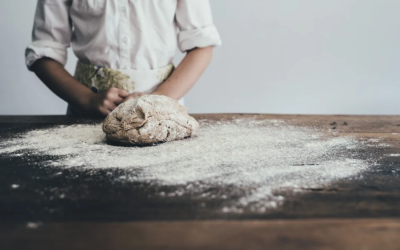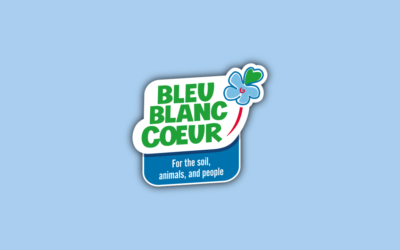One Health: What place should be given to food to prevent COVID-19 and other viral or inflammatory diseases? Let’s go back on the first session of the One Health 2021 symposium which took place last June 8th,2021, with a panel of speakers, who are both fascinating and passionated:
- Agnès Pannier-Runacher: French Minister Delegate for Industry, attached to the Minister of the Economy, Finance and the Recovery
- Pr. Philip Calder: Professor of immunology Univ. of Southampton (UK)
- Dr. William Harris: Professor in the Department of Medicine, Sanford School of Medicine, at the University of South Dakota
- Guillaume Gomez: Chef, MOF, Personal representative of French President at the service of French Gastronomy.
- Pierre Weill: Co-Chairman of Bleu-Blanc-Cœur
- Pr. Ronan Thibault, Head of the nutrition service at Rennes Universitary Hospital and Researcher at NuMeCan Institute.
Think « One Health », means to consider the relationships between the health of the soil, animals and people. This sessionhighlighted specifically the link between a good diet and the efficiency of our immune system. Does the Covid-19 crisis that we are going through is not the evidence that we should take a closer look?
A good plate to calm the storms
According to Philip Calder, Professor of immunology at the University of Southampton (UK), Nutrition should be at the center of our discussions when it comes to immunity.
In the event of af viral diseases, the body’s needs are increased for energy to run the immune system, for protein to make antibodies, as well as for inflammation-mediating elements such as Omega-3.
It must be emphasized the importance of having a well-active immune system nowadays. As evidenced, the recent study published in Lancet review, which showed that COVID-19 patients, with the most severe associated symptoms, have weaker immunity (less blood markers) and excessive inflammation.
Since the begin of the sanitary crisis, we discussed a lot about the virus, as well as a strong “weather” : thunderstorms or cytokine storms !
As remind Pierre Weill, Bleu-Blanc-Cœur Co-Chairman, these terms were used to explain the surge of pro-inflammatory cytokines that hit our lungs in the event with respiratory complication related to Covid-19. What is dramatic is that it is not the virus that induces mortality but the excess of inflammation that our body is no longer able to regulate However, we know that omega-3, some micronutrients such as vitamin D, but also certain probiotic microorganisms are known to participate in the management of inflammation in our body, in particular through a healthy intestinal microbiota.
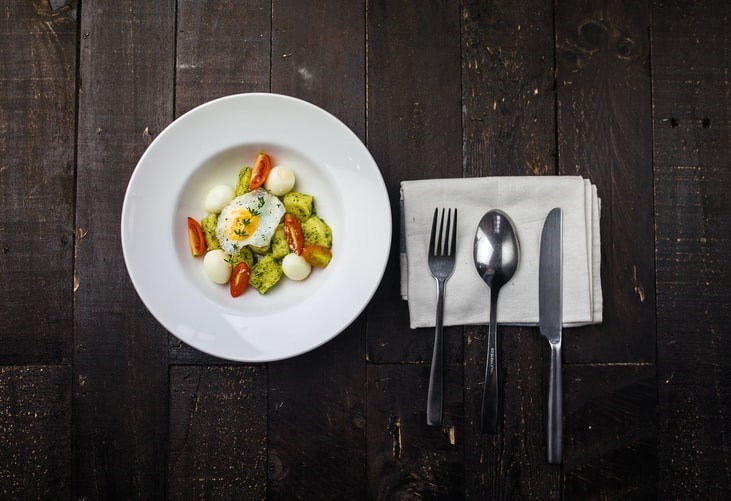
Watch your Omega-3 index
More concretely, Dr. Harris, professor of medicine at the University of South Dakota (USA), presented us with interesting correlations between omega-3 consumption habits and COVID-19 mortality. He has developed quick tests to detect Omega-3 in the blood. Some pilot work show that Covid patients who have the lowest Omega-3 indices (EPA and DHA) also have the highest death rates. At the opposite, in the same study , he observed that patients with highest Omeag-3 index, have 75% less relative risk of dying from Covid-19 infection. The first epidemiological studies also show differences according to the consumption habits of omega-3 by country: The Czech Republic for example counts 2,500 deaths as a result of COVID-19 per million inhabitants against 50 in South Korea. Interestingly the average Omega-3 index recorded in South Korea is 3 times higher than the average Omega-3 index in the Czech Republic.
Watching on “prevention” side, Pierre Weill presented the first results on a study that measures the omega-3 index in a cohort of volunteers from the Bleu-Blanc-Cœur community, in order to study the links between consumption habits and the index Omega-3. Bleu-Blanc-Coeur food and the regular consumption of fish have similar effects on the composition of EPA and DHA while the addition of the two makes it possible to reach a so-called “low risk” zone for the prevention of the civilization diseases in many studies cited by Professor Harris.
Then Professor Calder shared the conclusions of an analysis combining several trials conducted in intensive care unit, with patients presenting a respiratory distress syndrome due to the COVID-19 infection. When an omega 3 supplementation was given to these patients, mortality was reduced by 36%. For example, in the study of Doael and al, the Covid-19 patients in ICU, were supplemented with omega-3 type EPA and DHA for 14 days. They noted a significant improvement in the survival of the subjects after 1 month, with in particular an increase in the number of immune cells in the blood (lymphocytes). On the other hand, others study on the subjects should be carried out in order to confirm these results and better understand the mechanisms involved.

Why to have a preventive food?
Balanced proteins and lipid intakes, with a good proportion on Omega-3, could therefore be considered, as a side method to drug treatments used to limit the risk of severe symptoms and probably also in anti-Covid prevention.This is suggested by the results collected by a mobile application for the identification of Covid-19 cases (Loucas et al, 2021) on nearly 400 000 respondents in the United-Kingdom.Those who had consumed food supplements with probiotic, Omega-3 fatty acids, multivitamins or vitamin D, reduce the risk of infection with Covid-19 by respectively 14%, 12%, 13% and 9%.It therefore seems relevant to build up a preventive food to have a protective ground and limited intrusion of virus or others pathogens into our body. A sentence attributed both to Pasteur or Béchamps, says « the microbe is nothing, the field is everything ».Speech from Professor Jean-Michel Lecerf, Director of the nutrition department at the Institut Pasteur of Lille (France), was therefore timely to better understand the challenge of a preventive food.First of all, malnutritions (excess or insufficient intakes of some nutrients) are problematics in term of protection since obesity and undernutrition were major co-morbid factors during this latest pandemic.The importance of a healthy microbiota was also highlighted with dysbiosi, e.g. an unbalanced microbiota in our intestines, makes them more permeable to pathogens.
Good habits for me and my germs
To avoid dysbiosis, Prof. Lecerf talks to us about food, but not only! Stress, a shifted sleep pattern, antibiotics use, smoking and even born vaginally or cesarean also greatly impact the composition of our microbiota.We cannot control all these parameters. Then starting by adding more diversity in our plates, in particular with fibers which well nourish our microbiota , as well as fermented products which allow it to be enriched with other beneficial microbes is a good start.
This food diversity must also go through more nutrients and micro-nutrients that protect us from excessive inflammation. This is the case with the omega-3 and the vitamin D that we found for example in oil fish, dairy products and eggs (in particular the Bleu-Blanc-Cœur products, more about with this article).Thus, in addition to prevent viral infections through hygiene and isolation measures, already oriented our menu with Omega-3, fibers, probiotics and vitamin D, would be one more step toward a preventive food that impacts positively our immune system.However, despite some convincing studies on the role played by Omega-3 and other nutrients in the prevention and improvement of symptoms related to Covid-19, nutrition is missing from the information displayed by public authorities, and experts wonder why?
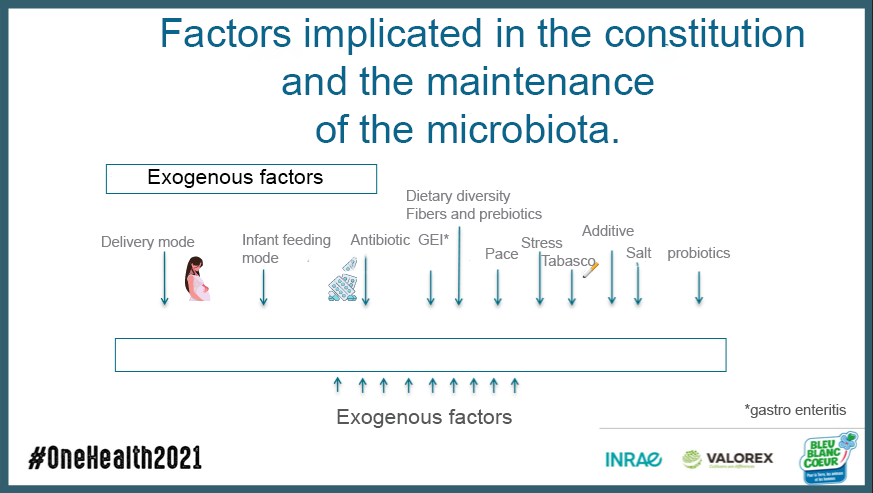
Tomorow’s project in favor of a preventive food.
The professor Ronan Thibault, head of the nutrition department of nutrition at the University Center Hospital of Rennes(France) wishes to contributes to advances in protective food. He’s the principal investigator of the clinical studies “MAIA”, carried out in collaboration with Bleu-Blanc-Cœur, which will be launch by the end of this year in Retirement Homes with care facility (EHPAD). It aims to study in particular the links between consumption of Omega-3, dependence criteria, the occurrence of infections ,and the associated mortalities of those fragile population.
Mrs Agnès Pannier-Runacher, French Minister Delegate for the Industry, explains us during this symposium that offering to the French population a better diet that is both sustainable and in favor of thehealth is an important objective of the recovery plan which will devote more than 7 billion € to highly impacted innovations in 2021 and 2022. For example, financial support will be driven for companies with development projects around leguminous (and other sustainable protein sources), or fermented products. The « France Relance » program also includes, for example, a plan to structure the agricultural and food sector. For that 465 millions Euros have been allocated to 60 projects in the agri-food sector. Mrs the Minister emphasizes that producers and industrialists are partners who must act together to raise the quality of food for the benefit of all consumers.
To convey messages on the importance of high-quality food, French gastronomy also has a say and must be taken into account when considering our food for the future. Guillaume Gomez, one of the best “craftsmen” in France, who committed ad Bleu-Blanc-Coeur ambassador, spoke on the subject, explaining that the cook and chief’s job today is to ensure that the dishes is good for the taste but also good for the health and the society. Chefs are also working more and more with nutritionists so that our food is healthier while remaining very tasty.
Preventive food could therefore be the engine of a virtuous economy for many actors : breeders, producers, food industries, health professionals and even catering professionals. Bleu-Blanc-cœur is already taking actions for each of these links by displaying scientifics evidence issued from measurement on the field and in its products. We hope that the story has only just begun and that the awareness, which takes place in the current health context, will support and accompany this great collective movement toward the One health approach: the health of the soil, animals and people.
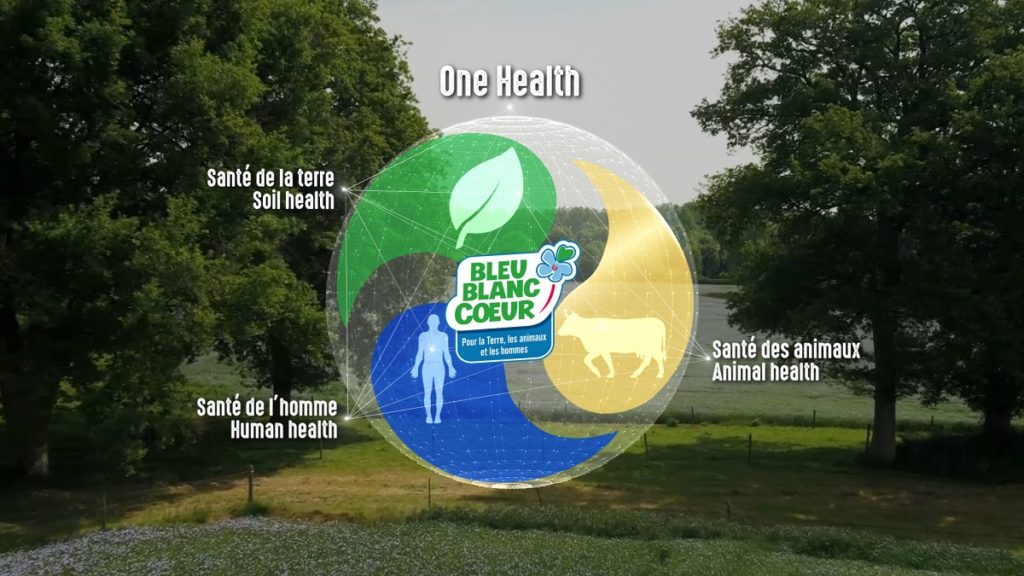
Watch this first session and register at the 2nd Symposium One Health on September 28th, 2021.
The second session of #OneHealth2021 will happened on September, Tuesday 28th ,2021 (9.45 am- 12.30pm – French time zone). It willfocus on the following theme: « One Health: a social, economic and public health stakes for our territories ». Register and acces to the program=> click here.
And here is the full replay of the #Onehealth2021 session 1 from June 8th, 2021.





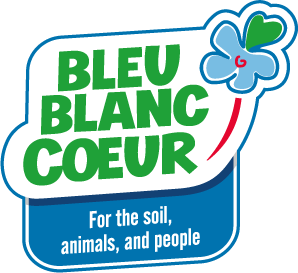
 Home
Home